Together, We’re the Power Behind the Cure!
Seeking answers to your family’s history of chronic kidney disease?
It may be genetic.
ADTKD is the 2nd Most Prevalent Genetic
Kidney Disease in the U.S.

An estimated 75,000 to 100,000 of chronic kidney patients in the U.S. - and an estimated one million worldwide - have Autosomal Dominant Tubulointerstitial Kidney Disease (ADTKD). Among genetic kidney diseases, only Polycystic Kidney Disease (PKD) is more prevalent.
Yet too few kidney patients or nephrologists are aware of ADTKD.
This leads to fraught diagnostic journeys and missed opportunities for appropriate disease management.
Listen to Dr. Anna Greka from The Broad Institute of MIT and Harvard describe this scientific breakthrough in her 13-minute TED Talk from April 2023.
The first-ever clinical trial of a promising treatment is on the horizon!
Physician-scientists are on the cusp of finding a treatment for UMOD and MUC1 - the gene variants responsible for the vast majority of ADTKD cases.
But they need our help.
A large sample of positively-diagnosed ADTKD patients is needed to provide a patient pool for the upcoming clinical trial. ADTKD is diagnosed only through genetic testing.
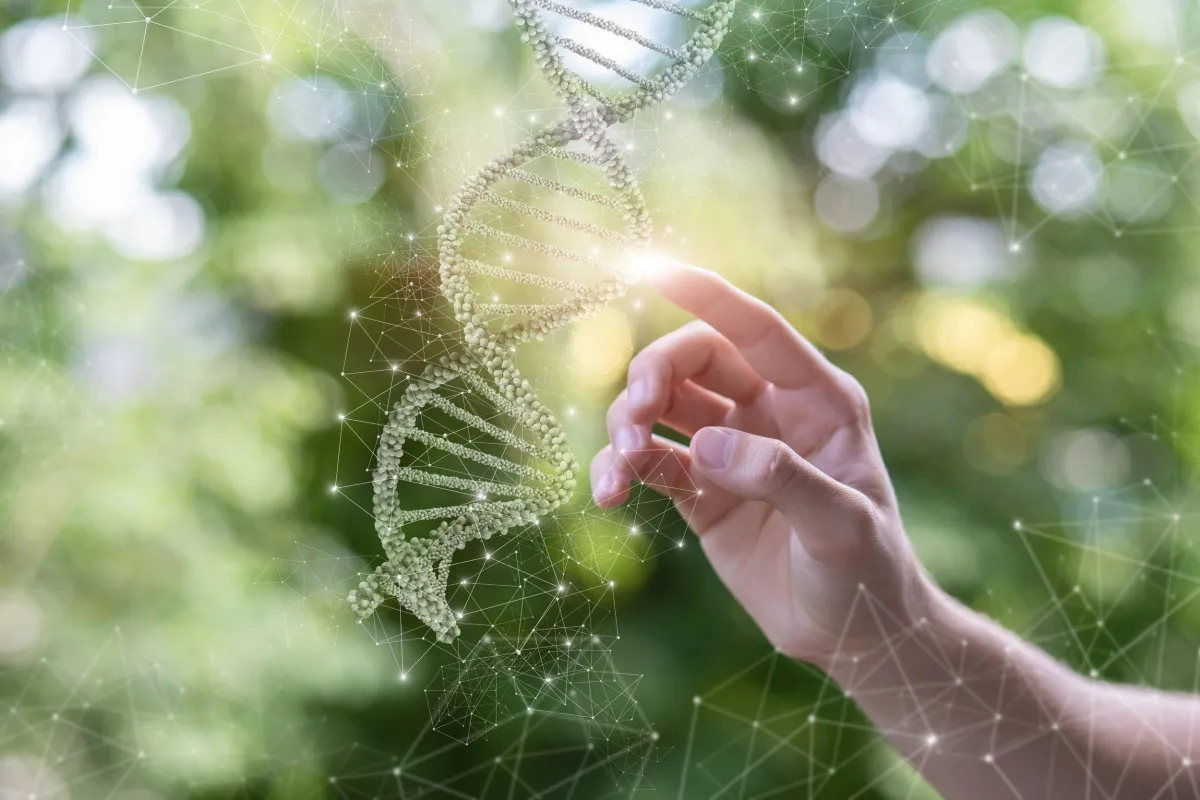
Genetic Testing
Do you have declined kidney functioning BUT NO BLOOD OR PROTEIN IN YOUR URINE?
Is your kidney disease progressing SLOWLY over many years?
Does kidney disease RUN IN YOUR FAMILY?
If so, ADTKD experts at Wake Forest University School of Medicine can help evaluate your situation and let you know whether genetic testing for ADTKD may be right for you.
Already Diagnosed with ADTKD?
Join our ADTKD community and learn how you can participate in ADTKD research to HALT this genetic disease once and for all!
Halt ADTKD in its Tracks!

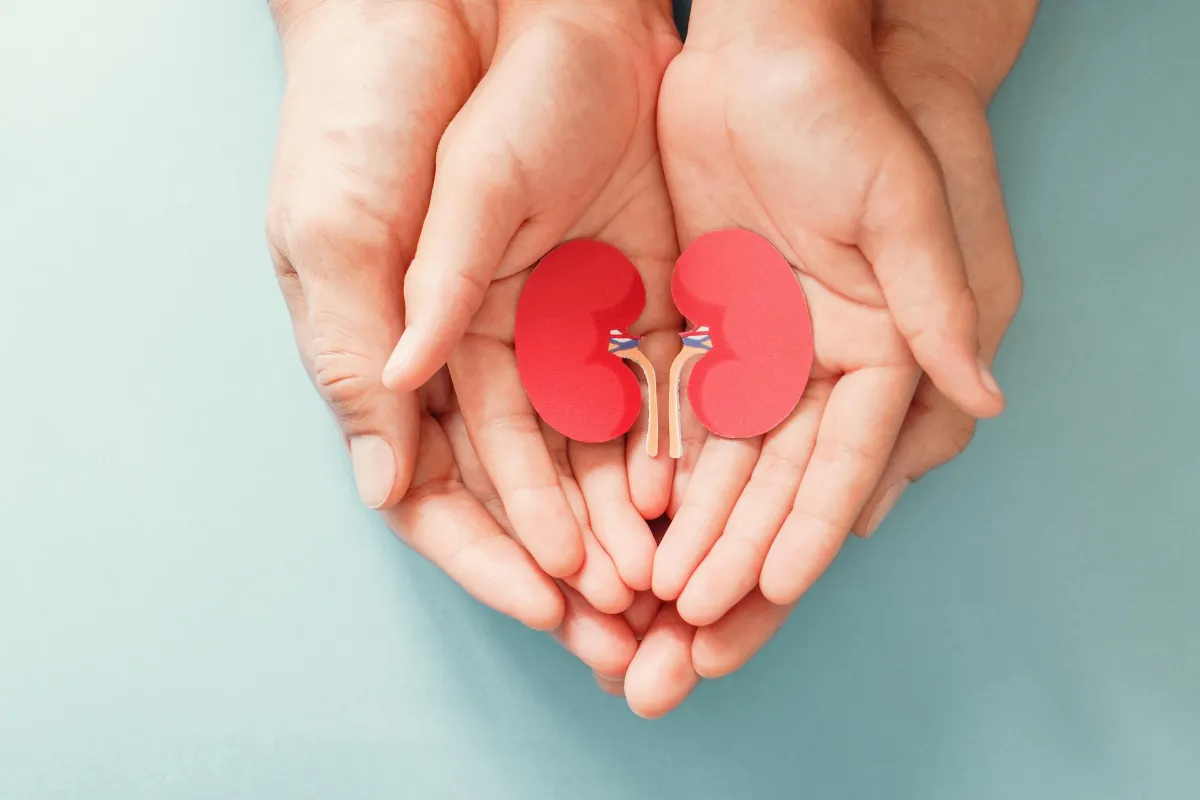
Join us in our mission to scale awareness about ADTKD and encourage genetic testing in an effort to help pave the way for new treatments, bringing HOPE to 75,000 to 100,00 individuals in the U.S. and potentially over 1 million people worldwide.
Join us in our mission to raise awareness about ADTKD and encourage genetic testing in an effort to help pave the way for new treatments and bring HOPE to potentially over 1 million people worldwide.
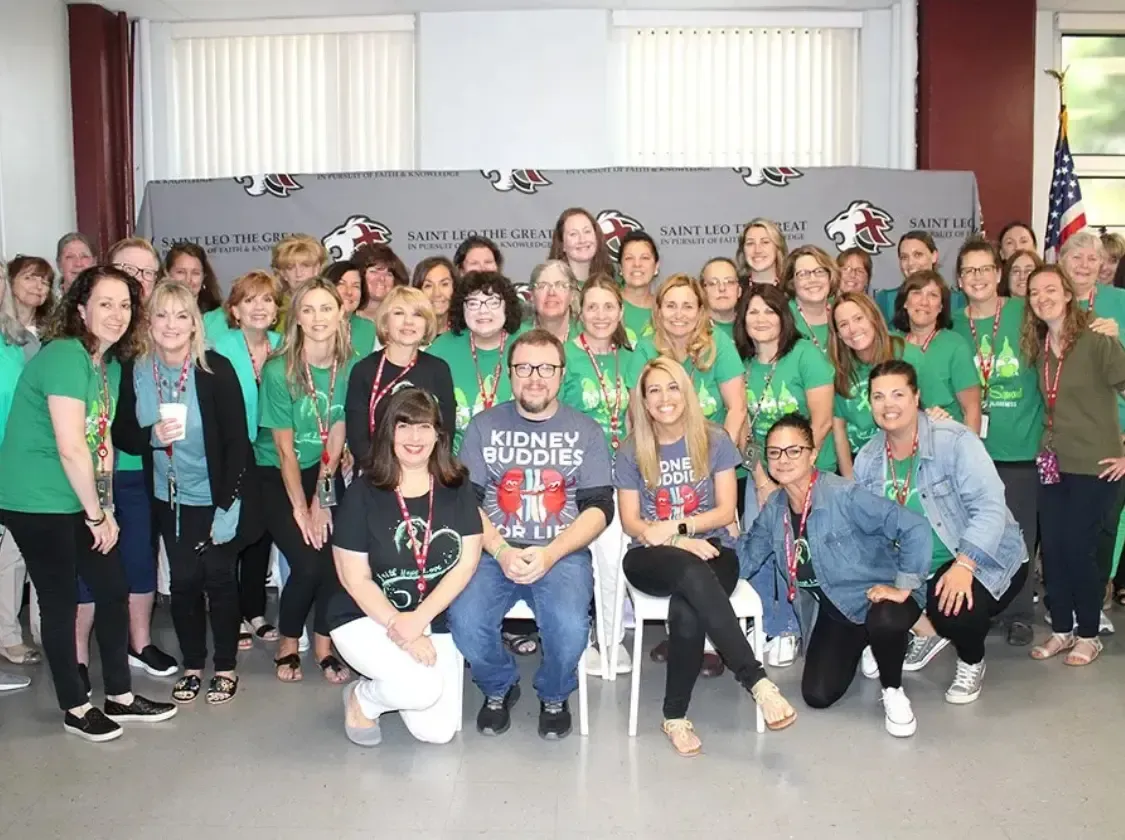
Real Families’ ADTKD Journeys: From Genetic Diagnosis to Hope
Learn how these families discovered that their family history of chronic kidney disease was the result of MUC1 or UMOD and how they are faring.
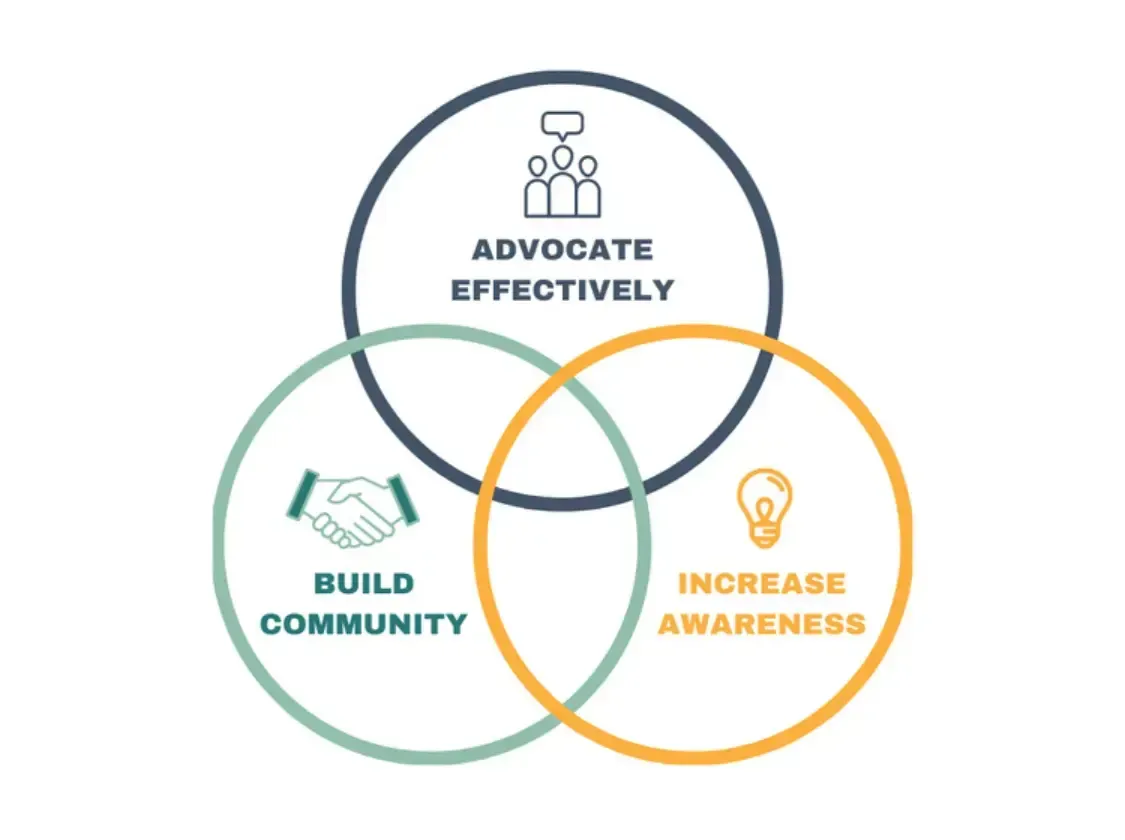
Events
Learn what we’re doing to scale awareness about ADTKD and genetic testing, help build the International ADTKD Registry, and provide a supportive community for ADTKD patients and their families.

Donate
Your donations help us spread the word about ADTKD and about game-changing treatments on the horizon, thereby providing HOPE to ADTKD patients and improving patient care by nephrologists.
Who We Are
The Rare Kidney Disease Foundation (RKDF) is a patient-focused nonprofit organization resolute in HALTING the devastating impacts of ADTKD across generations by supporting physician-researchers in their efforts to learn more about this insidious disease affecting 75,000 to 100,000 patients in the U.S. and in their quest to find a treatment and, eventually, a cure.
We are all volunteers who have ADTKD or have a family member with ADTKD.
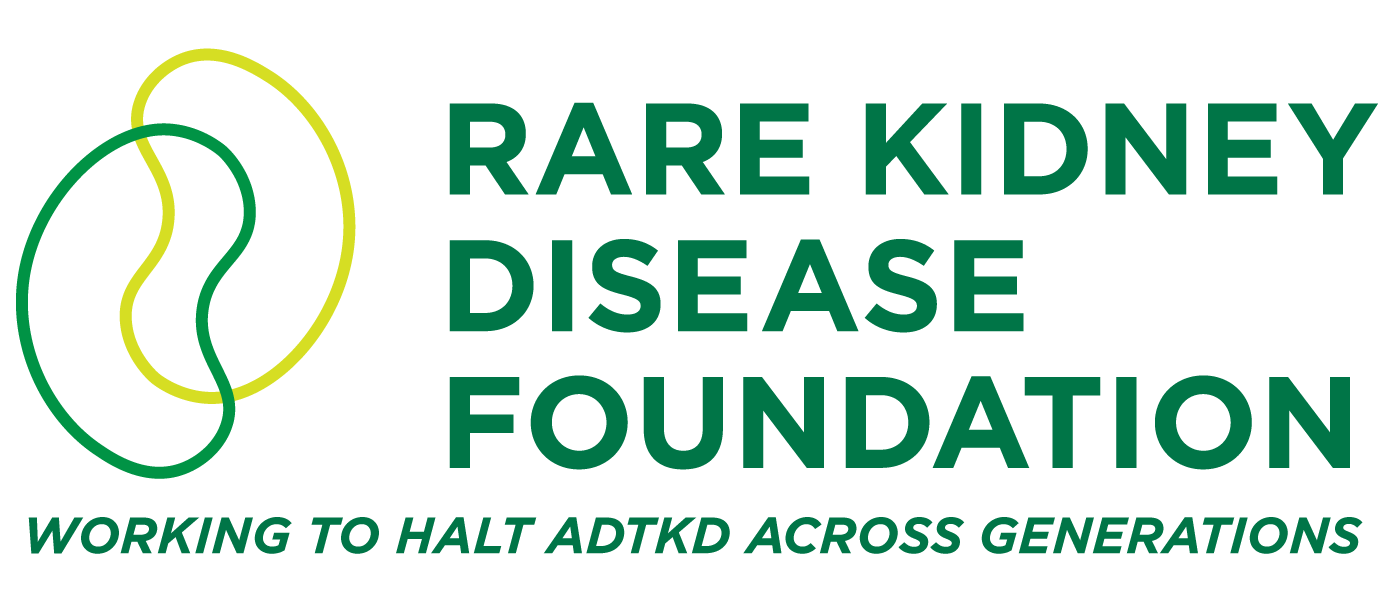
Sign up for our Newsletter TODAY to make sure you never miss a story!
Read about patient health and well-being, the latest research on ADTKD, progress in finding a treatment, and much more.

© 2025 Rare Kidney Disease Foundation - All Rights Reserved
Privacy Policy | Terms and Conditions
Rare Kidney Disease Foundation is a 501(c)(3) non-profit organization. Federal tax ID: 82-4421861